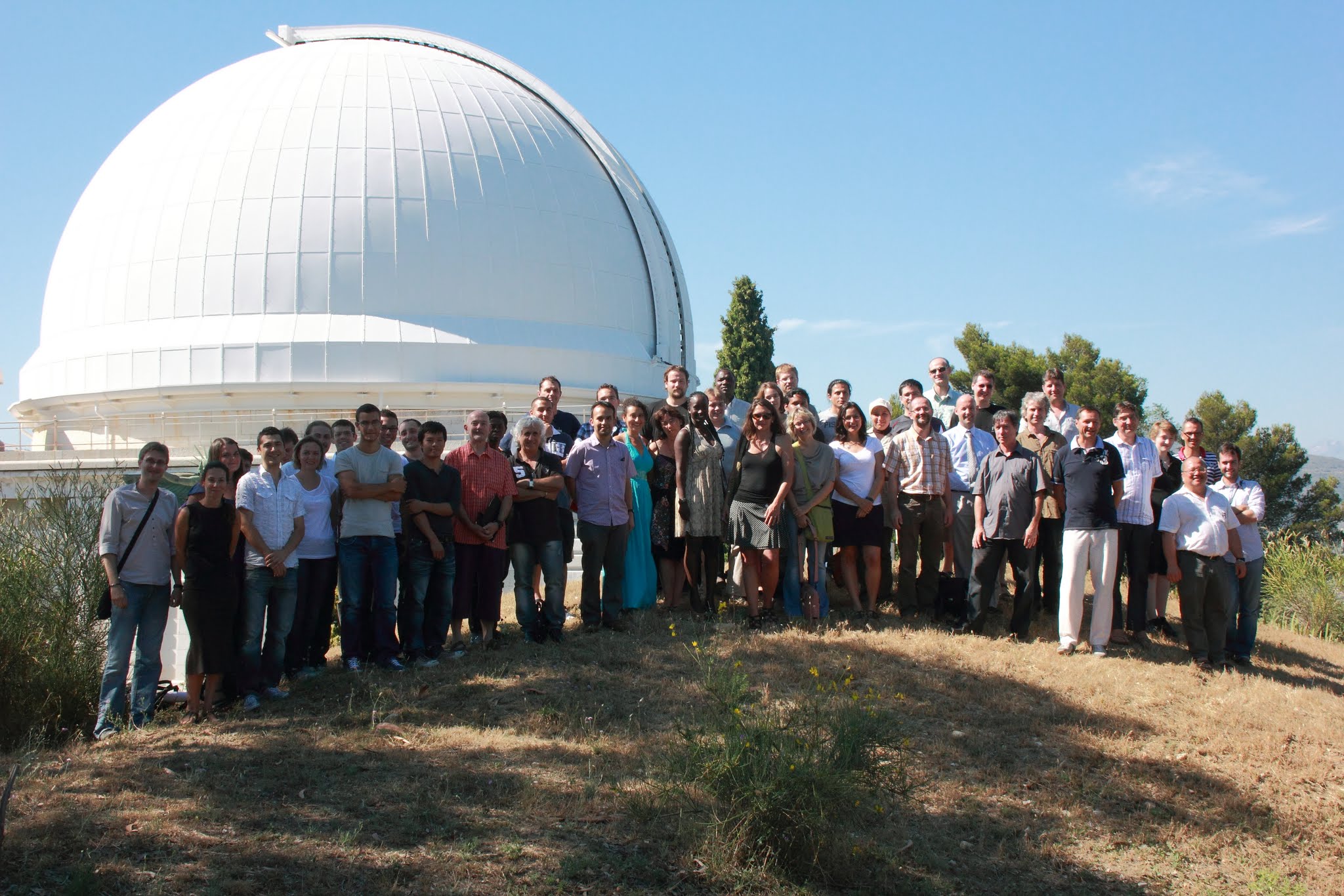SPARKS TEAM
SPARKS is an acronym for Scalable and Pervasive softwARe and Knowledge Systems
Head : Marco Winckler deputised by Jean-Paul Comet.
The team investigates the organization, the representation, and the distributed processing of knowledge, as well as its extraction from data and its semantic formalization. A particular attention is dedicated, on the one hand, to large-scale architectures and massive data and, on the other hand, to the design of human- and knowledge-centered, evolutionary and adaptive software systems.
The team’s scientific objectives are therefore naturally structured around four main research themes:
- knowledge extraction and learning : focusing on the development and application of data mining, machine learning, knowledge discovery methods, the automatic construction of ontologies and automatic knowledge-base enrichment;
- formalizing and reasoning with users and models : studying the different types of knowledge-based interactions, like interactions with and between users and reasoning with knowledge graphs; topics thus include (graph-based) knowledge representation, reasoning, cognitive agents, information integration and fusion, user modeling, ambient intelligence, on-line communities and social networks;
- scalable software systems : focusing on models of distributed computation, scalability, dynamic adaptation and composition of evolutionary software systems.
- Computer Science and Biology : computer science is necessary for pushing forwards the knowledge frontiers in biology using, e.g., ontologies, data mining, knowledge extraction, modelling and simulation of dynamic biological systems, formal proofs about the behaviour of biological systems and more generally model-based reasoning assisted by computers. There are also countless bio-inspired techniques that have made major research contributions, as neuroscience-inspired and genetics-inspired learning techniques.
The keywords that best describe the areas of interest of the team’s members and their field of activity are the following (sorted by order of importance):
- Software Engineering;
- Knowledge Representation and Management
- Semantic Web;
- Human-Computer Interaction;
- Artificial Intelligence;
- Ambient Intelligence;
- Data Mining;
- Reasoning;
- Natural Language Processing;
- Big Data;
- Machine Learning.
- Information Systems;
- Computer-Based Environments for Human Learning;
- Algorithms;
- Large-Scale Infrastructures;
- Multi-Agent Systems;
- Distributed Systems.
The SPARKS tream includes a “common project-team” between I3S and INRIA : wimmics: web-instrumented man-machine interactions, communities and semantics
